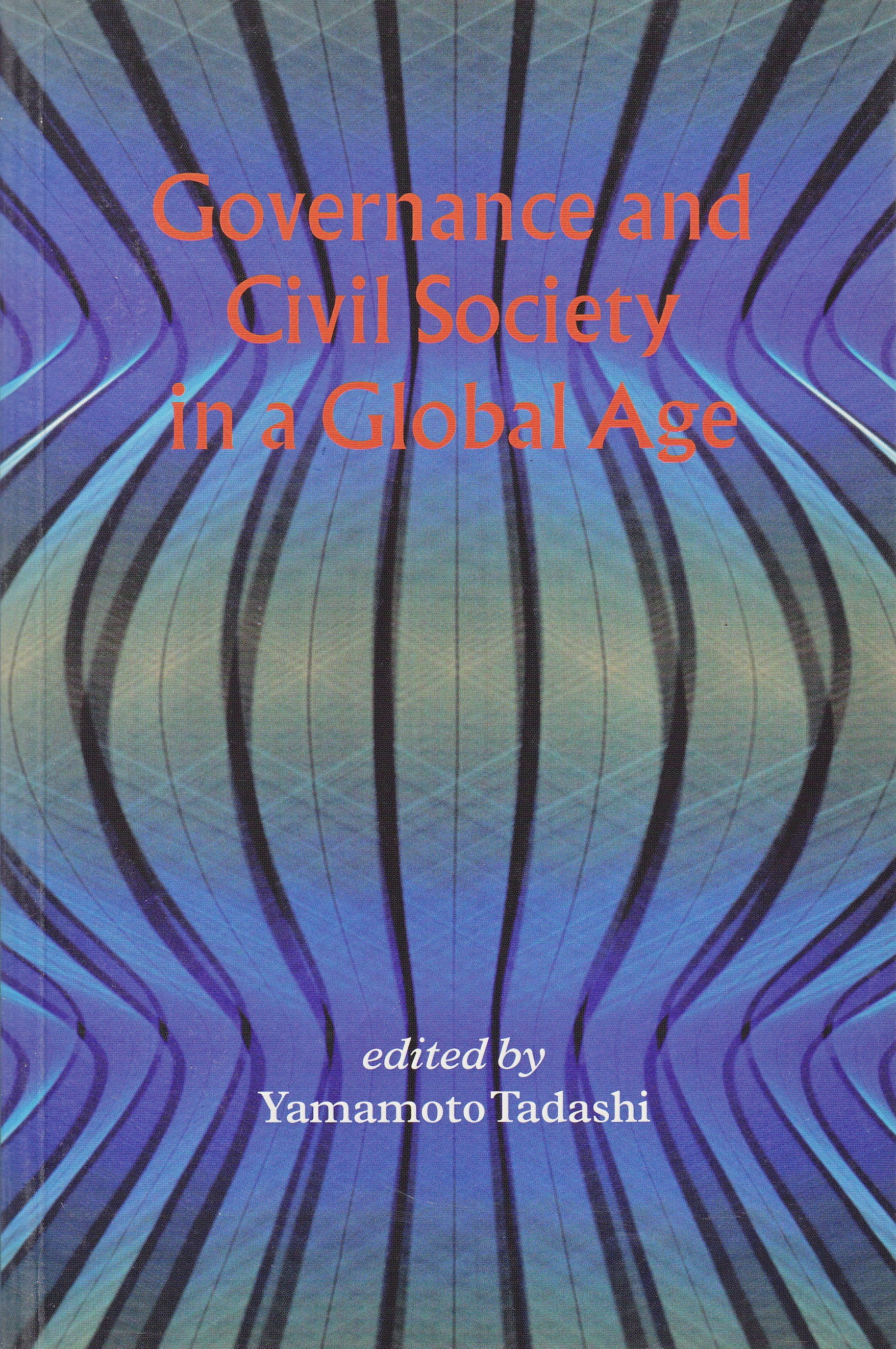Globalization, deepening interdependence, and the end of the cold war have brought a wide range of new challenges to nations around the world. Concurrently, domestic sociopolitical changes, greater pluralization of society, and changes in national and international markets and economies have produced strains on existing systems of governance. This new environment has opened the way for civil society to play an expanded and more active role, both domestically and internationally. Few analyses exist of the comparative advantages and limitations of civil society in meeting these new challenges, however.
This volume examines the nexus between governance and civil society in China, France, Germany, Hungary, India, Israel, South Korea, Thailand, and the United States. authors from each of these countries discuss the current state of civil society in their country, the challenges facing institutions of governance, the current debate on the need to reform domestic governance, and the evolution of the role of civil society in governance. These essays shed new light on the way in which civil society around the world is contributing to political reform and the consolidation of democracy, as well as to government efforts to address a broad array of domestic and transnational issues.
Contents
- 1. Overview
- Tadashi Yamamoto, President, Japan Center for International Exchange
- Kim Gould Ashizawa, Senior Associate, Japan Center for International Exchange
- 2. Republic of Korea
- Jung Ku-hyun, Professor and Dean, Gradual School of Business Administration, Yonsei University
- Kim Inchoon, Research Professor, Institute of East and West Studies, Yonsei University
- 3. Thailand
- Suchit Bunbongkarn, Judge, Constitutional Court, Thailand
- 4. China
- Wang Yizhou, Deputy Director, Institute of World Economics and Politics, Chinese Academy of Social Sciences
- 5. India
- Niraja Gopal Jayal, Associate Professor, Centre for Political Studies, Jawaharlal Nehru University
- 6. Israel
- Shimshon Zelniker, Executive Director, Van Leer Jerusalem Institute
- 7. Hungary
- Marschall Miklós, Executive Director, Transparency International
- Kuti Éva, Founding Member, Research Project on Hungarian Nonprofit Organizations
- 8. France
- Jean-Marie Guéhenno, Under-Secretary-General, Peacekeeping Operations, United Nations
- 9. Germany
- Gerhard Lehmbruch, Retired Professor Emeritus of Political Science, University of Konstanz
Tadashi Yamamoto and Kim Gould Ashizawa, eds.

